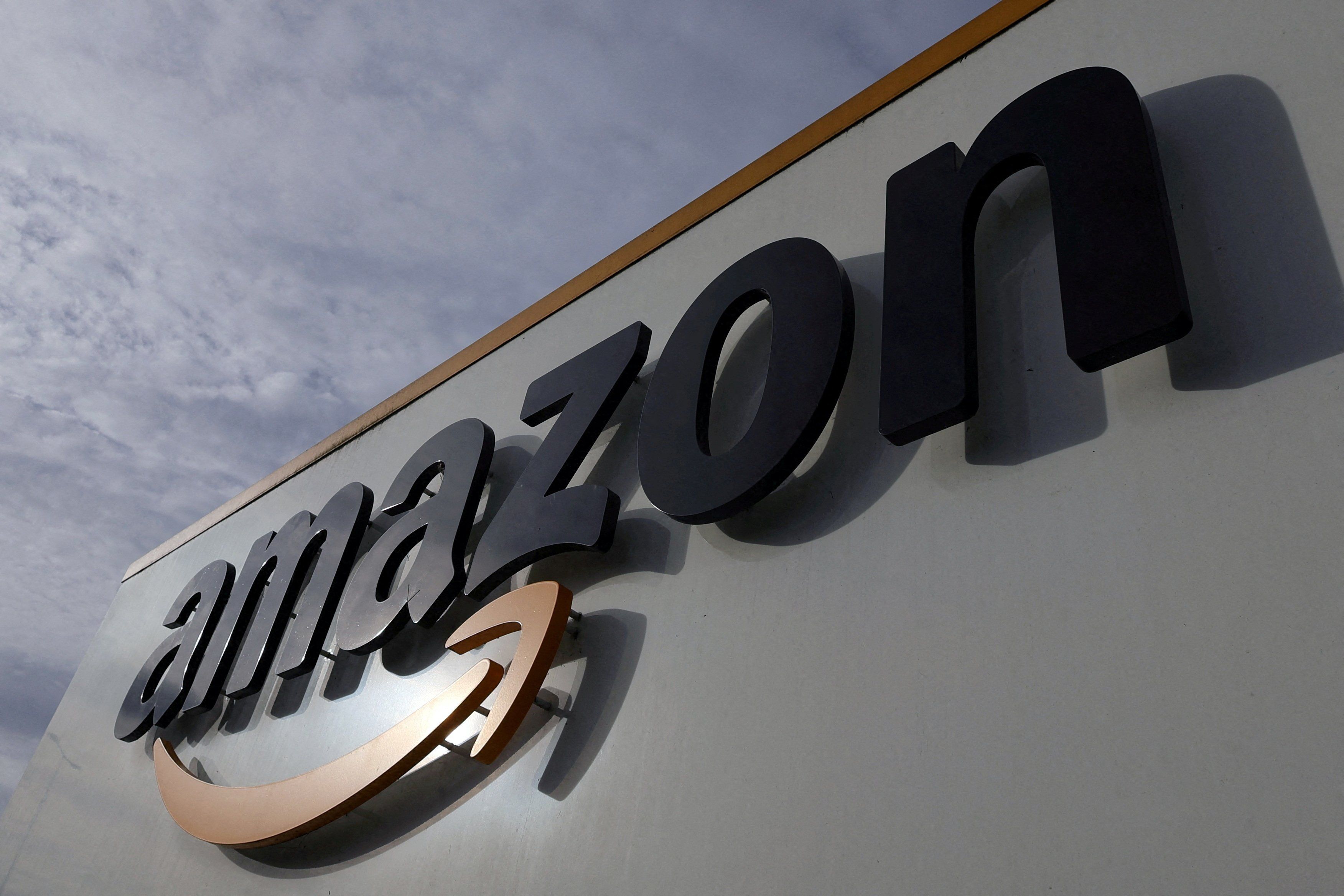The FTC says the online mega-retailer has engaged in a “pattern of illegal conduct” that includes blocking competitors, inflating prices, crushing innovation, and reducing market quality.
In essence, the FTC claims that Amazon traps consumers and sellers in its orbit, dominating market share and exploiting its position to undermine independent sellers and reduce choice for consumers while also using its position to drive up prices. It also alleges that Amazon games its search results to push its own products.
Amazon denies the allegations and says the lawsuit would hurt businesses and consumers alike, sending prices higher and slowing delivery speeds. It’s ready to fight back, and as a company valued at roughly $1 trillion, it has the resources to do so.
Anyone looking for a quick resolution is going to be disappointed. Canada launched an antitrust investigation into Amazon in August 2020. That probe is ongoing, and the Competition Bureau has not said when it expects to complete its work, which would precede any further action.
In 2022, the Canadian government amended its Competition Act to introduce stiffer fines and penalties for businesses that violated the law. Under the new rules, businesses like Amazon could be on the hook for as much as 3% of their annual gross revenues worldwide if found to be abusing their dominant market position, which is a lot more than the previous cap of CA$10 million.
We’re keeping an eye on how the FTC and Competition Bureau lawsuits and investigations proceed, and whether Amazon adjusts any of its practices in the meantime. It’s doubtful they will. In 2022, in Canada, the company threatened to shutter Marketplace if the government strengthened competition regulations, though it didn’t go through with the plans.
